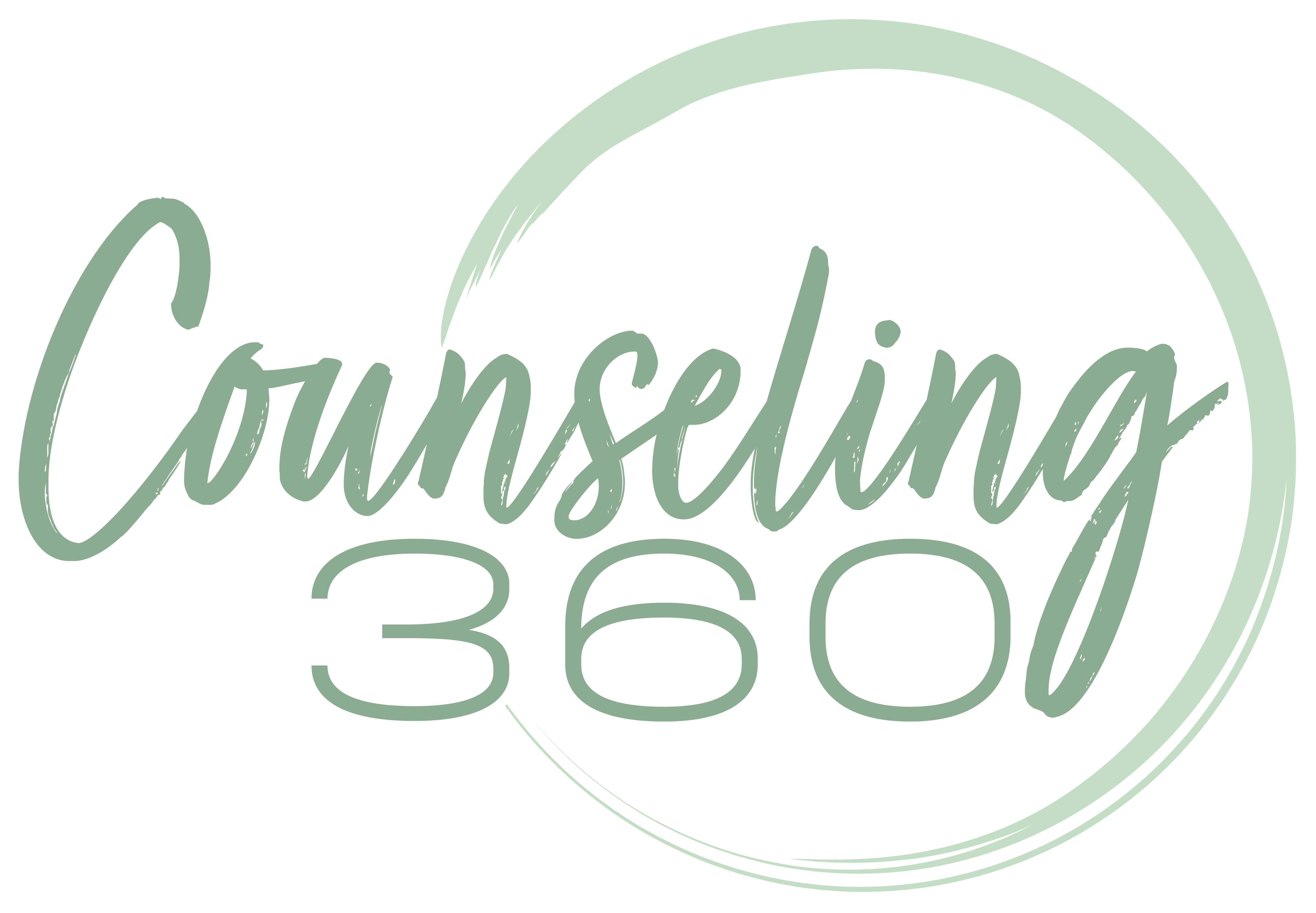Insight-Oriented Approaches
Insight-Oriented Therapy includes approaches like Psychodynamic Therapy, which explores how past experiences shape current behavior, and Existential Therapy, which focuses on finding meaning, purpose, and personal responsibility in the present.
Psychodynamic Therapy
It's time to break self-defeating cycles by uncovering unconscious feelings and early experiences that impact your current thoughts and behaviors.
Psychodynamic Therapy is a type of talk therapy that helps you explore how unconscious feelings and early experiences influence your current thoughts and behaviors. It often involves discussing childhood, dreams, and relationship patterns to build insight. By gaining this self-understanding, you can learn to break self-defeating cycles and relieve symptoms over the long term. The therapist-client relationship itself is a tool: trust and dialogue in a safe environment help you see past patterns in new ways.
Focus
Uncovering hidden emotions, unresolved conflicts, and childhood impacts. Therapy is usually less structured, since you and your therapist talk freely, and we listen for recurring patterns in your feelings and behavior.
Used For
Depression, anxiety, chronic pain, relationship or family issues, eating disorders, and personality struggles. For example, people with recurring depression or social anxiety may gain relief by understanding their inner conflicts.
Outcome
A key goal is increased self-awareness. Research shows clients often develop better self-understanding and improve relationships, breaking old patterns even after therapy ends. Over time, many continue to make progress as they apply insights from therapy to life.
Existential Therapy
Existential Therapy is an insight-oriented approach that explores deep questions about meaning, freedom, isolation, and mortality. Rather than focusing on symptom reduction alone, it helps you confront the underlying concerns that shape your experience—like “Why am I here?” or “What gives my life meaning?”
This therapy invites reflection on personal responsibility, choice, and authenticity. It’s especially helpful when you're navigating major transitions or feeling a loss of purpose.
While not rooted in childhood exploration like Psychodynamic Therapy, Existential Therapy still emphasizes insight. The goal is to help you face life honestly and live with greater clarity and intention, even in the face of anxiety, grief, or uncertainty.
Focus
Facing the “big questions” of life about identity, meaning, freedom, and responsibility. Therapy often centers on exploring your values, beliefs, and fears without offering quick fixes. The therapist acts as a thoughtful, curious guide who helps you define what matters most.
Used For
Life transitions, existential anxiety, grief and loss, career or identity confusion, chronic illness, trauma recovery, and spiritual distress. Existential Therapy can support individuals feeling stuck, isolated, or overwhelmed by questions of purpose especially during midlife changes, post-graduation uncertainty, or after loss.
Outcome
Many clients report a deeper sense of purpose, improved decision-making, and more authentic relationships. By learning to accept life’s uncertainties and define your own values, you can feel more grounded and less consumed by fear or indecision. Existential Therapy encourages not just insight but courageous, values-based living.
Therapists
At Counseling 360, the therapists who specialize in Insight-Oriented Approaches include:
